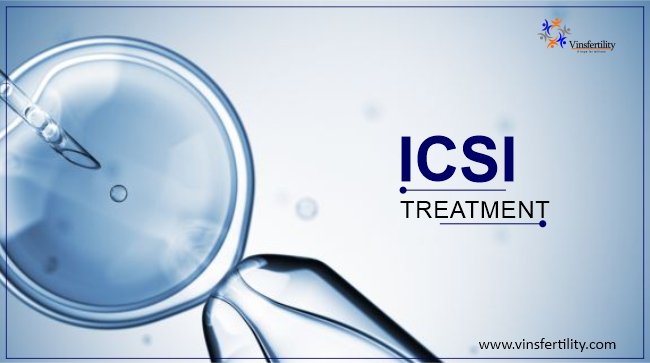What is ICSI?
Intracytoplasmic Sperm Injection (ICSI) is performed as an additional part of an IVF treatment cycle where a single sperm is injected into each egg to assist fertilization using very fine micro-manipulation equipment. In most cases, ICSI can be used to overcome severe male infertility.
IVF with ICSI involves the use of specialized micromanipulation tools and equipment and inverted microscopes that enable embryologists to select and pick up individual sperm in a specially designed ICSI needle.
The needle is carefully advanced through the outer shell of the egg and the egg membrane – and the sperm is injected into the inner part (cytoplasm) of the egg.
This usually results in normal fertilization in about 75-85% of eggs injected with sperm.
However, first, the woman must be stimulated with medications and have an egg retrieval procedure so we can obtain several eggs for in vitro fertilization and ICSI.
Why is ICSI performed?
- Severe male factor infertility that does not want donor sperm insemination.
- Couples with infertility with:
- Sperm concentrations of less than 15-20 million per milliliter
- Low sperm motility – less than 35%
- Very poor sperm morphology (subjective – specific cutoff value is debatable)
- Having previous IVF with no fertilization – or a low rate of fertilization (low percentage of mature eggs that were normally fertilized).
- Sometimes it is used for couples that have a low yield of eggs at egg retrieval. In this scenario, ICSI is being used to try to get a higher percentage of eggs fertilized than with conventional insemination of the eggs (mixing eggs and sperm together).
How is ICSI performed?
- The mature egg is held with a specialized holding pipette.
- A very delicate, sharp, and hollow needle is used to immobilize and pick up a single sperm.
- This needle is then carefully inserted through the zona (shell of the egg) and into the center (cytoplasm) of the egg.
- The sperm is injected into the cytoplasm and the needle is removed.
- The eggs are checked the next morning for evidence of normal fertilization.
What are the success rates for ICSI?
Together with IVF, ICSI is one of the most common techniques used in Assisted Reproductive Technology. Since it was introduced, it has led to the birth of many thousands of babies worldwide that otherwise might not have been conceived.
The success rates for ICSI are similar to those of standard IVF, which are 80 to 85%.
What are the risks involved in ICSI?
ICSI does not have too many risks involved if done under proper supervision and from a proper medical facility. However, In some unusual cases, these are the risks that are involved in ICSI treatment.
- There is a chance that the eggs might get damaged
- There is a chance of ovarian hyperstimulation
- Male children born through ICSI stand a chance of having a low sperm count
These risks, however, are much lesser if the ICSI treatment is done from premium facilities.
Top Related Searches->
Top 10 best ICSI treatment centres in India
Top 10 best ICSI treatment centres in Delhi
Top 10 best ICSI treatment centres in Mumbai
Top 10 best ICSI treatment centres in Bangalore
Top 10 best ICSI treatment centres in Chennai
Top 10 best ICSI treatment centres in Kolkata
Top 10 best ICSI treatment centres in Hyderabad
Top 10 best ICSI treatment centres in Ahmedabad


